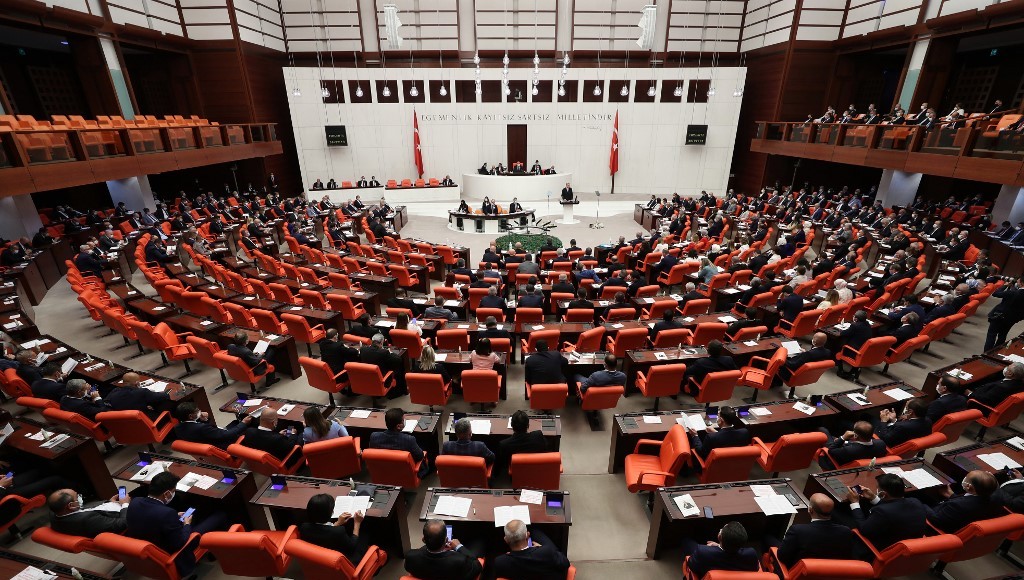The Turkish government has cancelled a plan to introduce new taxes to boost its defense industry after it caused a public backlash, Turkish media outlets reported on Thursday, citing government sources.
The ruling Justice and Development Party (AKP) submitted a 12-article bill to parliament on Friday stipulating that people with a credit card limit of at least 100,000 lira (close to $3,000) will have to pay an annual tax of 750 lira ($22) from January 2025 to bolster the defense industry.
The proposed legislation, which was postponed on Tuesday evening until 2025 following public criticism, aimed to create new revenue for the Defense Industry Support Fund (SSDF), also through the imposition of fees in a number of transactions in addition to the credit card tax.
However, AKP sources told Turkish news outlets, including Haber Türk and CNN Türk, on Thursday that the proposed taxes were taken out of the bill and will not be the subject of parliamentary debate in 2025.
They said the government would seek other sources to fund the defense industry.
The proposed legislation, which prompted some indignant Turks, who already face double-digit inflation, to call their banks to lower their credit card limits.
The bill was floated as Israel’s conflicts with Tehran-backed Islamist militants in Gaza and Lebanon, and missile strikes by Iran, have raised global concerns that a broader war could erupt in the Middle East.
Amid the public backlash, Finance Minister Mehmet Şimşek defended the proposed tax during a televised interview on Tuesday, saying it is necessary to keep Turkey militarily strong.
“Our country has no choice but to increase its deterrent power. There’s war in our region right now. We are in a troubled neighborhood,” Şimşek told private broadcaster NTV. “If we enhance our deterrence, our ability to protect against regional threats will increase.”
The main opposition Republican People’s Party (CHP) expressed criticism of the proposed bill, accusing the government of using the national security issue as a pretext to collect more taxes from the people.
There were also claims that the move was aimed at making Erdoğan’s son-in-law, Selçuk Bayraktar, the chairman of Turkish defense contractor Baykar, richer.
Bayraktar, who has been listed in Forbes’ billionaire ranking, owns 52.5 percent of Baykar, which exports drones to dozens of countries.


